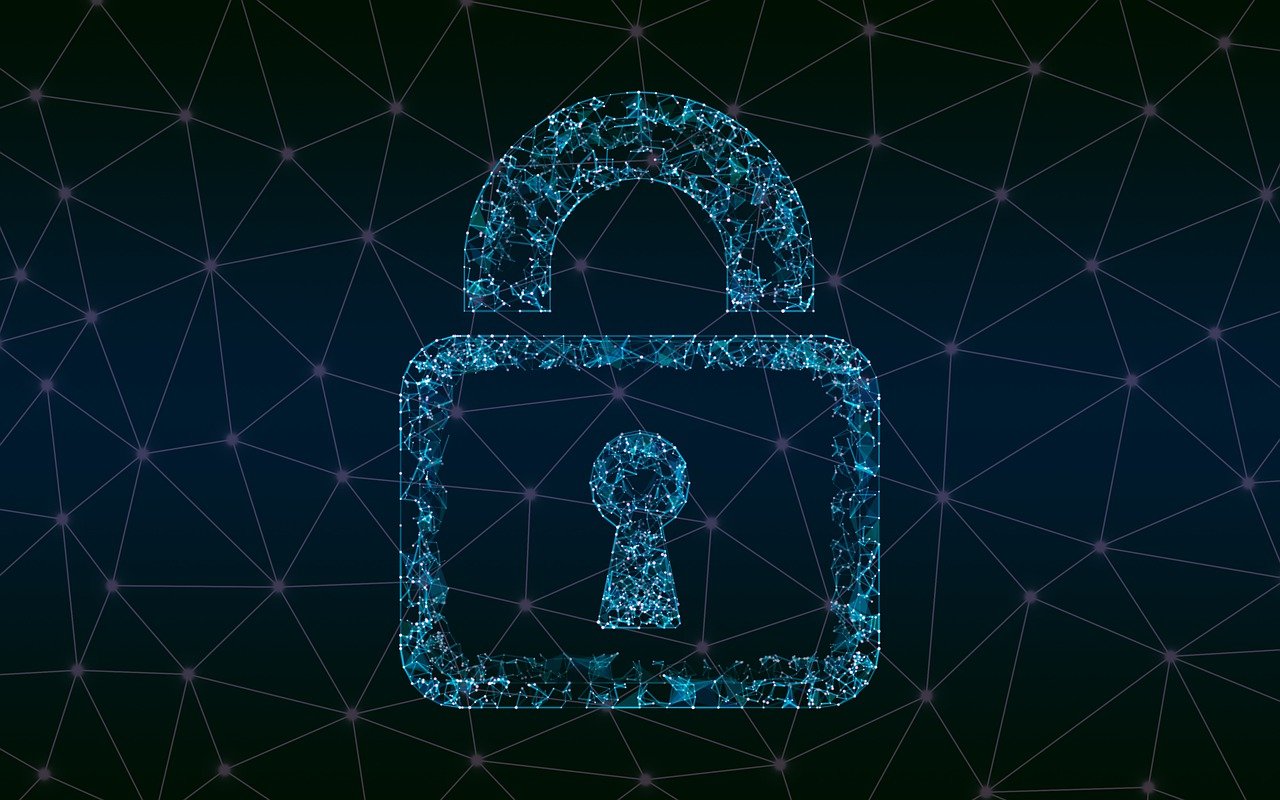October 30, 2023

October is Cybersecurity Awareness Month, and Technology Services has some essential advice for Aggies on how to stay safe and secure online.
Cybersecurity is not only about protecting your devices and data, but also your identity and privacy. Cybercriminals are constantly looking for ways to exploit vulnerabilities and trick users into giving up sensitive information or installing malicious software. Here are some of the best practices you can follow to protect yourself, your campus and your home from cyber threats.
Secure Yourself
- Be careful about opening communications from unknown or suspicious sources. Some messages or texts may look like they are coming from an official or authoritative person, but they are actually phishing attempts to get your personal information. They may use scare tactics or urgent language to pressure you into clicking on a link or opening an attachment. Don’t fall for it. Learn more about how to spot and avoid phishing messages and texts.
- Use strong and unique passwords for each site or service you use, and never reuse passwords. If one of your accounts gets compromised, cybercriminals can use the same password to access other accounts. You can use a password manager to help you create and store secure passwords.
- Enable multi-factor authentication (MFA) on all your online accounts that offer it, especially email, social media and financial accounts. MFA adds an extra layer of security by requiring something you know (your password) and something you have (your phone, a token, etc.) to log in. This makes it much harder for hackers to break into your accounts.
- Keep your software up to date on all your devices. Software updates often include security patches and fixes that can prevent cyberattacks. Check for updates regularly or enable automatic updates if possible.
Secure Your Campus
- Do not leave your devices unattended or share your location constantly. Lock your devices when you are not using them and avoid posting your whereabouts on social media. This can prevent theft or unauthorized access to your devices and data.
- Avoid using public computers or Wi-Fi networks to access sensitive websites or information, such as your bank account or personal documents. Public computers may have malware or keyloggers that can capture your keystrokes and passwords. Public Wi-Fi networks may be unsecured or spoofed by hackers who can intercept your online traffic. Use a virtual private network (VPN) or a personal hotspot if you need to connect to the internet in public places.
- Only use USB drives that you have purchased or know the origin of, and set a password on them. If you find a USB drive lying around, do not plug it into your computer. It could be a malicious device that can infect your computer with malware or steal your data. Instead, bring it to the Help Desk Central or an Open Access Lab so they can check it for safety or return it to the owner.
Secure Your Home
- Back up your data regularly to an external or cloud storage. This way, you can recover your files in case of data loss, ransomware or device failure. You can use Google or Microsoft cloud storage or an external drive to back up your important files.
- Secure your home Wi-Fi network by changing the default settings of your router. Change the SSID (the name of your Wi-Fi network) to something unique and not related to your personal information. Turn off the SSID broadcasting so that your network is not visible to others. Use WPA2-compliant passwords that are long and complex. Change the default configuration password of your router to prevent unauthorized access.
For more information and resources on cybersecurity, explore our safe computing guides.